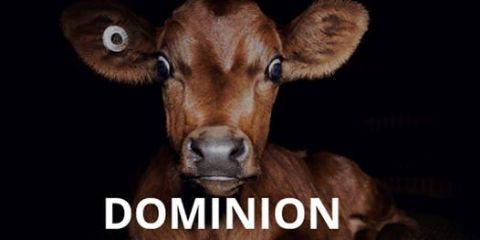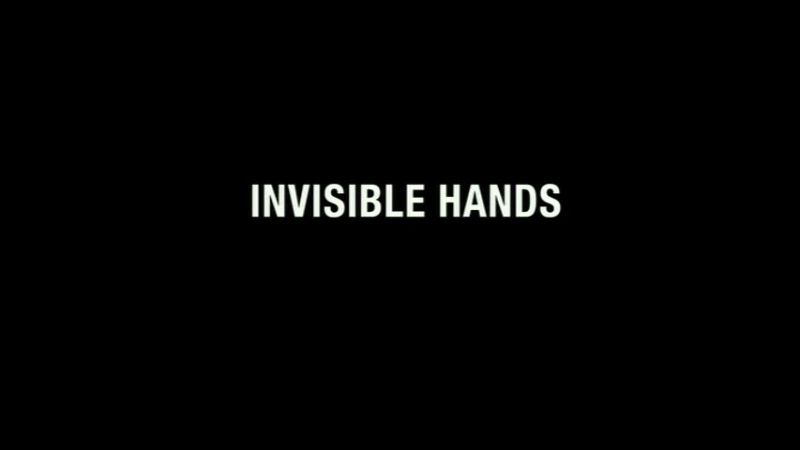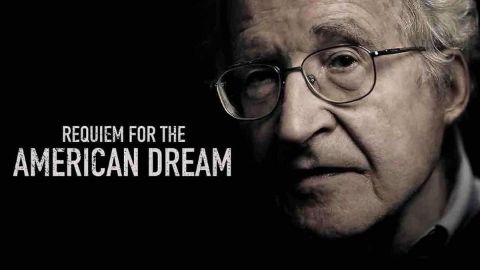How Oil Made Us • episode "S1E3" • Planet Oil
As we entered the 21st century, the world was guzzling oil, coal and gas like never before. Despite fears of 'peak oil', Professor Iain Stewart discovers that while huge technological advances are helping extend the life of existing oilfields, new unconventional oil and gas supplies like shale gas and tar sands are extending the hydrocarbon age well into the 21st century.
Make a donation
Buy a brother a hot coffee? Or a cold beer?
Hope you're finding these documentaries fascinating and eye-opening. It's just me, working hard behind the scenes to bring you this enriching content.
Running and maintaining a website like this takes time and resources. That's why I'm reaching out to you. If you appreciate what I do and would like to support my efforts, would you consider "buying me a coffee"?
Donation addresses
BTC: bc1q8ldskxh4x9qnddhcrgcun8rtvddeldm2a07r2v
ETH: 0x5CCAAA1afc5c5D814129d99277dDb5A979672116
With your donation through , you can show your appreciation and help me keep this project going. Every contribution, no matter how small, makes a significant impact. It goes directly towards covering server costs.








